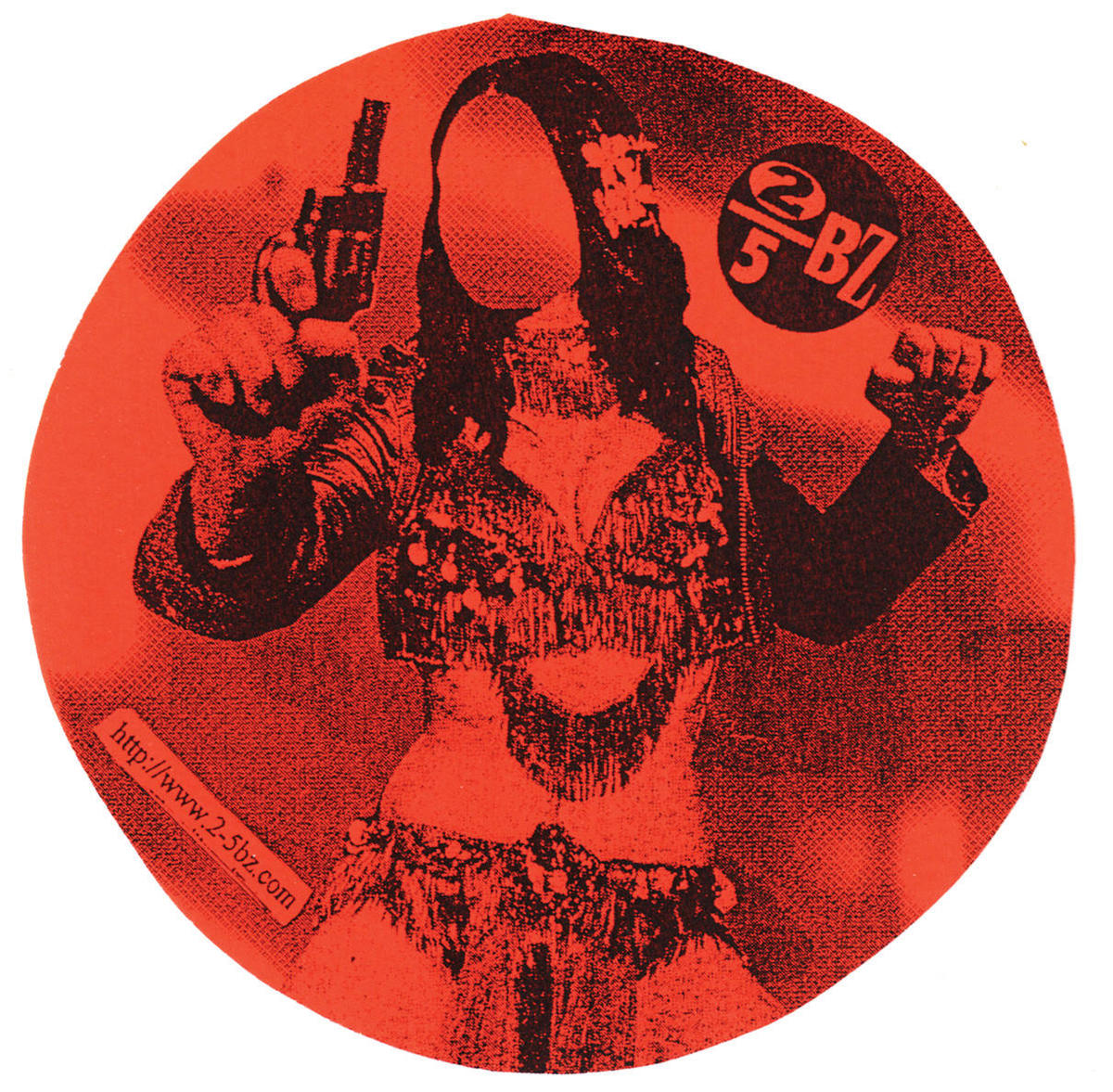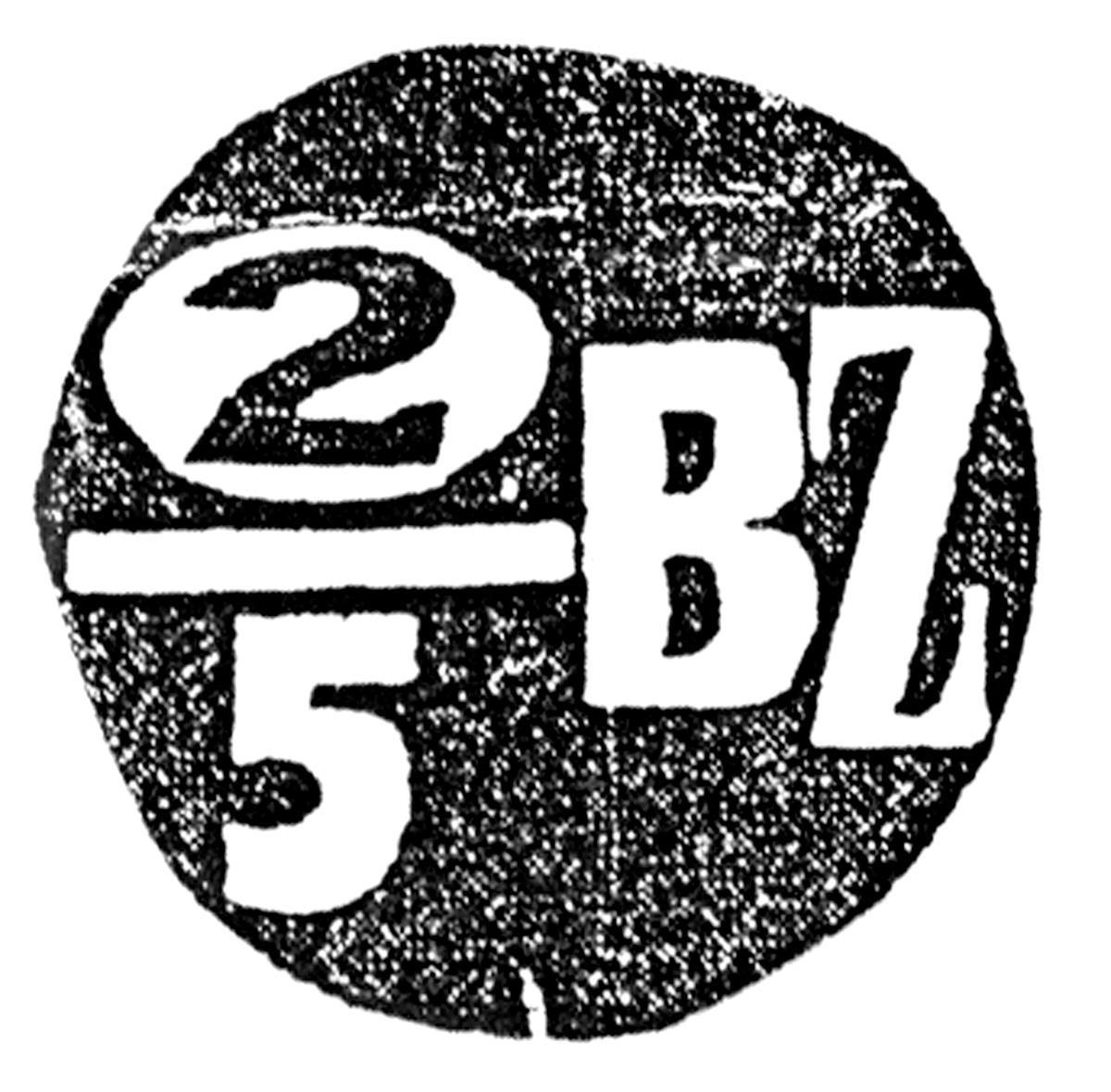
It’s 4 a.m. and Serhat Köksal and I are standing in a bar off Istiklal in downtown Istanbul. In the background, or rather in the foreground, is a petrifying trip-hop remix of “Riders on the Storm.” I feel like going home, or talking to the captivating Hamburg filmmaker at the other end of the bar. Or perhaps pursuing the conversation I was having with a Bidoun colleague of mine, though I can see she’s now drunk as a hatter, screaming at the bartenders and calling them “sluts.”
“You know those western foundations for the arts, right? Would you work with those foundations over here?”
“Mmh, yes, I think so, I think I would. Why?”
A conversation ensues that I can just barely follow, on capitalist philanthropy, on collusion with big money, but also on tourism, exoticism, and ethnic marketing, or what Serhat terms “ethnic paranoia.”
“So would you work with ethnic marketers?”
“Oh, well, that’s — well, if you can get something really good out of it, you know? Like tactically?”
Köksal believes in perseverance and propaganda. And counter-propaganda. He’s a musician who doesn’t shy away from art and other visual traditions to make his point. Although at times it might seem the other way around, he is first and foremost a performer, and the most prominent element of his work are his gigs, where the music is an experimental, improvised blend of electronics, Turkish folk, noisecore, and mainstream pop. At times, it’s a taxing wall of static, at others a lullaby with a searing keyboard in the background, or it’s simply a remix of, say, Turkish 1980s icon Ajda Pekkan’s “Petr Oil.” The visuals are a VJ’s collage of newsreels, sixties and seventies Turkish cinema, and meticulously slapdash compositions of visual scraps.
But Köksal also works with photocopied zines, hand-cut stickers with self-designed icons and misappropriated political slogans, DVDs, CD-ROMs, flyers, and posters. The actual method of accumulation and dissemination of all this material, at times deliberately breaking the rules of copyright and authorship, is key to the way 2/5 BZ functions, intellectually and strategically. Those who have worked as a curator know that, when it comes to the most interesting people off the beaten track, you have to beg and plead until you get two low-res JPEGs and, if you’re lucky, a photocopy of a review in Finnish. But when approached by Bidoun, Serhat handed over several renditions of enormous wads of reviews, previews, interviews, video CDs, DVDs, CDs, posters, stickers, and copies of his own fanzine, carefully monitoring where they eventually landed. Many a listener and even the occasional journalist believe that 2/5 BZ is actually a group, while Serhat is actually a one-man propaganda machine.
His first fanzines and stickers came out in 1990, and he started making music in 1986, focusing on what he terms “social issues regarding Turkey.” John Peel took to Serhat’s music in 1994 and was already playing it on BBC while Istanbul radio DJs were still complaining about the low-fi sound. Köksal never considered himself an artist until one day, in 2002, he heard a poster of his had been included in a show by Erden Kosova and Vasif Kortun — some two years before. This was also about the time when Köksal started getting invited to art festivals as well as squats, and has now played in fifty-five cities in ten countries.
“Now,” he chortles, brushing the peanut crumbs off his pants, “when I get a call from a squat, I have to say sorry, can’t do the gig, going to the Sharjah Biennial that day.”
Besides using Turkish movie material in his stage sets, Köksal has conducted extensive research on Abdurrahman Palay, the actor whose voice was most prominently used to dub movies and TV productions throughout the sixties and seventies. The voiceovers, Köksal argues, have entered the Turkish subconscious, and are a prime example of cultural influence that is all the more pervasive in that it is systematically underestimated. What makes Palay all the more iconic is that he had a trademark of occasionally beginning words with “n”, as in, say, Nurkey or Nistanbul.
I first met Serhat Köksal in Dubai, where he was playing in a Filipino heavy metal bar in the York Hotel. There were five people in the audience, four of whom were regulars, sitting at a table and headbanging into their beer mugs. We talked, and he eventually made the soundtrack for a documentary film I directed with Solmaz Shahbazi. Köksal never shies away from voicing second thoughts. “I have an idea about people like you; many years they lived, studied in Europa and, many years later, they come for a Tehran discovery — it’s the same old story.” Luckily, he knows that his anti-exoticism is a trend in itself. “Now even curators have joined this fashion — they want to clear their own history with non-Orientalist eastern artists.”
Köksal is still waiting for an answer. I look him over and try to think of a way to change the subject. I remember my colleague telling me that she’d always imagined him as a frail, pasty DJ, so his burly but lovable teddy bear stature had thrown her off guard when she met him. “He makes you want to climb into his lap and ask him to hurt all the bad people in your life and then eat peanut butter from a spoon with him.” I considered that for a moment.
In the background, we could still hear the said colleague of mine, enthusiastically calling the bartender a slut and a harlot. Serhat sighs.
“Slogans are walls that prevent misunderstanding,” I mumble, remembering some quote I saw in Serhat’s promo package.
We watch my colleague for a while. I try to order some cashew nuts in Turkish. The bartender brings me a napkin and a pitcher of water.
